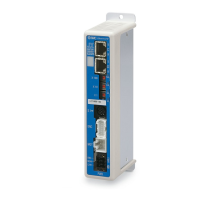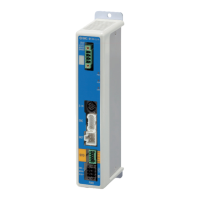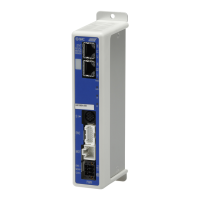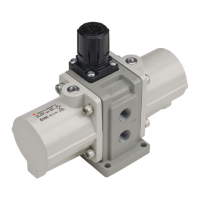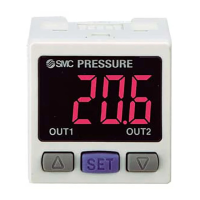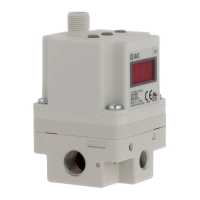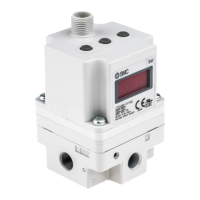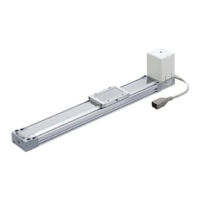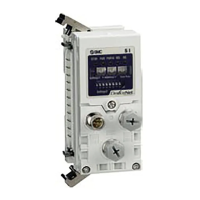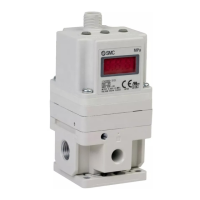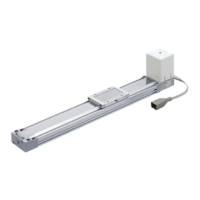-83-
No.SFOD-OMT0006-F
20. Handling of sent/received data
There are three types of data, 1byte data, 1word data and 2word data.
Specifically, handling of 1byte data, 2word data and negative data is explained below.
(1) 1 bytes data
Please note following examples for 1byte data including alarm code.
E.g.) Input data "Alarm 1": When reading the alarm code data of word8.
For example, when the alarm was generated in order of "Step data ALM2" and "Servo OFF
ALM".
The alarm code of “Alarm 1” is the lower 8 bits of word8.
When read the data of word8, 33 62 h data in hexadecimal will be received.
Therefore “Alarm 1” is 62 h, and the alarm content is “Servo OFF ALM”
The reading data is shown below.
(2) 2 words data
Please note following example for 2 words data including target position.
E.g.) Output data "target position": When inputting 700.00 mm data to Word4 to Word5.
“Target position” is based on the unit by 0.01 mm.
The value to express 700.00 mm is 70000 in decimal number, and 00011170h in hexadecimal.
Sending of 0001 1170 h data is as shown below.
(3) Negative value data
“Please note following example for negative value data.
In the example, 2 words negative value data is explained.
E.g.) Output data "target position": When inputting -700.00 mm (negative value) data to Word4 to
Word5.
“Target position” is based on the unit by 0.01 mm.
Negative values are expressed using two's complement notation.
The value to express -700.00mm is -70000 in decimal number, and 00011170h in hexadecimal.
Sending of FFFE EE90 h data is as shown below.
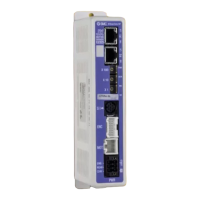
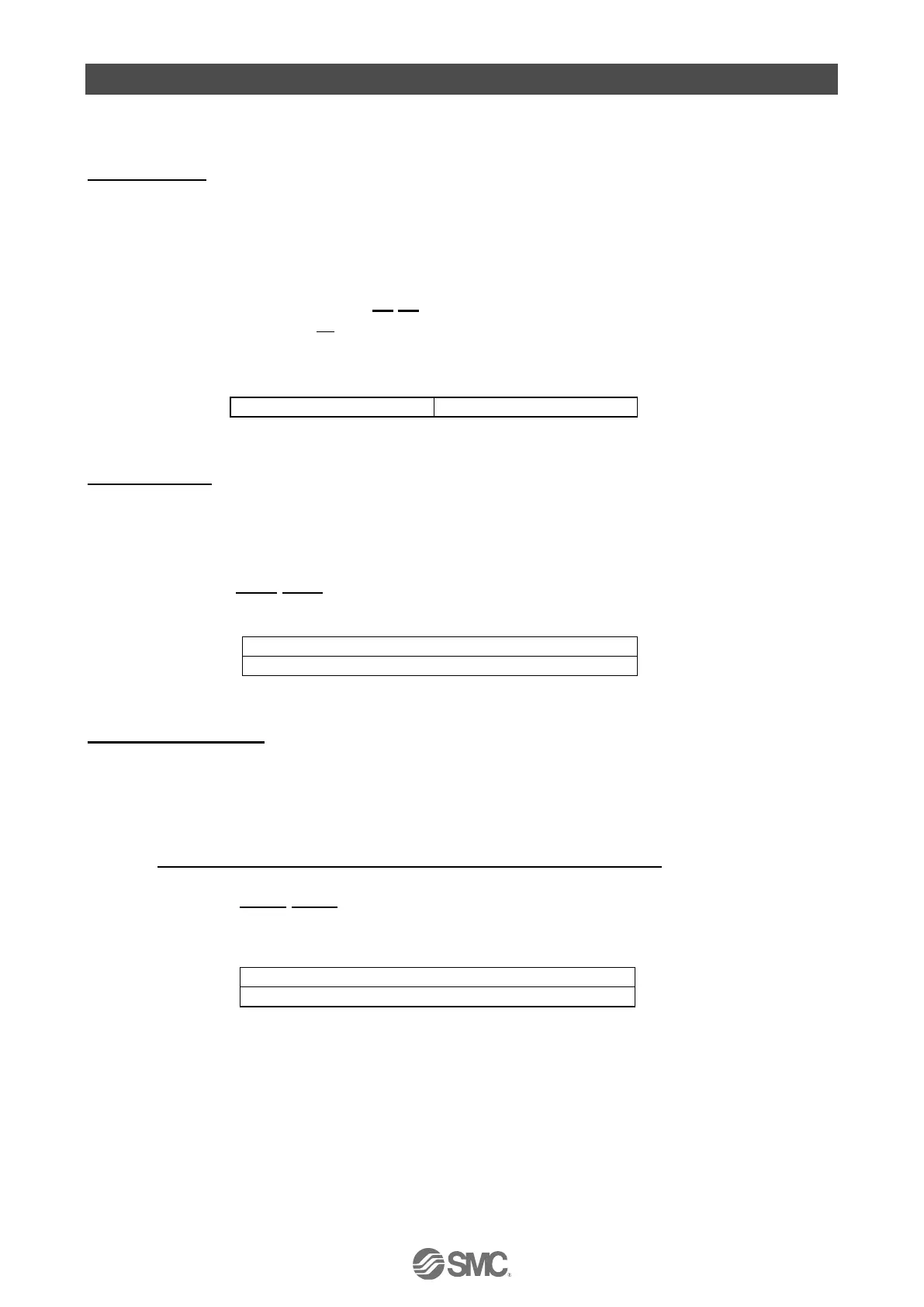